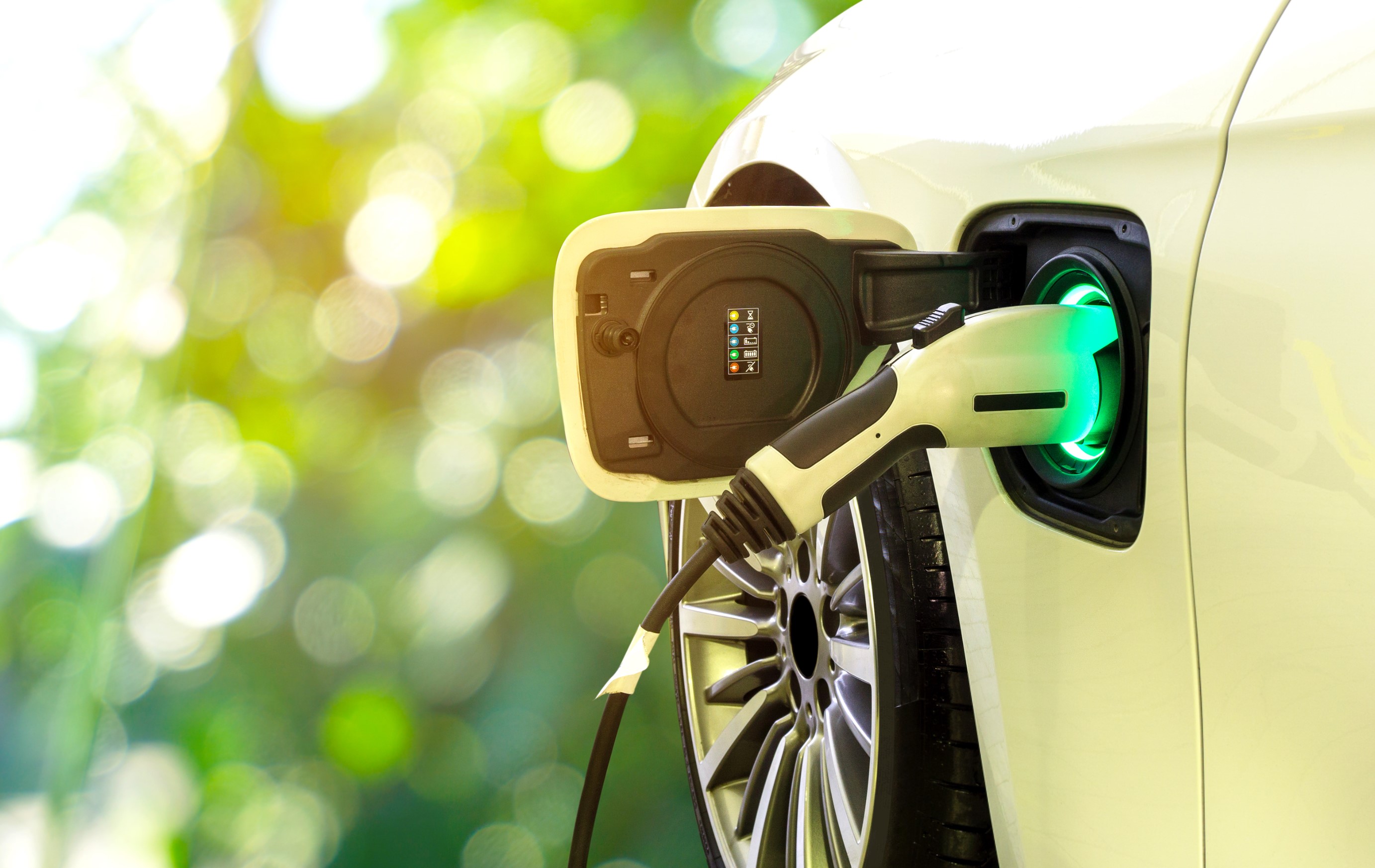Having EV chargers on every new home is a great idea — as long as it’s done right
More EV chargers is a good thing, provided it's all done correctly

The U.K. government has just announced a big step to help push people towards electric cars. Starting next year, all new buildings in England will be legally required to install EV chargers at the same time.
Obviously this is a pretty big step in making electric cars more appealing to the ordinary public — especially the ones that are still unsure of electric cars’ practicality. However, it hinges on things being done right, because botching this is only going to make matters worse.
EV chargers on every new home is a positive step forward
While the expansion of EV infrastructure is focused on public chargers, particularly the ones that can recharge in under an hour, it's been shown that the majority of EV charging (around 80%) happens at home.
After all, even EVs with quite low range can typically go for over 100 miles. For the majority of people that will be enough to complete a daily commute or whatever other round trips they need to make.
So by installing EV chargers by default, rather than making homeowners go through the motions of installing a charger (and paying for it) themselves, it means more people will be equipped to make the switch to electric when the time is right.
It may not solve range anxiety overnight. But it is enough to help new EV drivers work out how they’re going to keep their electric cars recharged — and without having to trickle charge the battery from a mains socket.
As someone who went through the motions of trying to have an EV charger installed that can be a huge load off your mind. Especially since government incentives, which can knock up to a third off the cost of installing an EV charger in the U.S. and U.K. require you to either own, or have committed to buy, an EV.
Obviously, not having a concrete plan on where to charge your electric car can be stressful. Especially if you’ll end up having the car before a home charger can be installed. So, by having a charger installed as part of the building process, one major obstacle to EV ownership has vanished.
That’s going to be especially important when 2030 arrives, and the U.K. government bans the sale of new gas and diesel-powered cars. AC car charging may not be as fast and convenient as filling up a tank of fuel, but the option to do it at home when your car would otherwise be sitting idle is the next best option.
There are potential problems to consider
The biggest problem with this plan is google old-fashioned British pessimism, especially where new builds are concerned. To understand where I’m coming from, you need to understand that in the U.K. new builds have a reputation for being made as cheaply as possible, which leads to problems.
The impression is that the eventual owner will later have to deal with problems stemming from poor quality construction and various other issues.
You don’t need to try very hard to see people expressing this opinion online. The Ask UK subreddit regularly gets questions about new build properties and their seemingly poor reputation. And stories about poorly-made homes pop up fairly regularly if you’re browsing local news outlets.
When it comes to legally-mandated EV chargers, the absolute last thing we need are for property developers to install cheap, low quality charging points that are only there to tick a box.
I’ve already heard stories about this sort of thing in action. A colleague of mine recently lamented that the EV charger in his building, a new-build no less, straight up didn’t work when he needed it. It was a charger that relied on a smartphone app to activate, and the app itself had no record of this charger existing.
The good news is chargers installed on new build houses should be like any other socket in the home. In other words, drivers will be able to plug in and power will flow freely without any hassle of using apps or RFID cards to get things going.
However, it’s still essential that these chargers are of a high enough standard that people don’t face regular issues with them. Property developers rarely like to spend money when it isn’t necessary, and the U.K.'s recent cladding scandal, kicked off in the wake of the Grenfell Tower tragedy, has shown there are developers who are more than willing to cut corners if it means cutting costs — no matter the consequences of that action.
The fastest way to put people off the prospect of EV ownership is to install chargers that are either not up to standard or difficult to use. And frankly it’s hard to try and stay positive when all the historical evidence seems to suggest pessimism isn’t unwarranted.
Bottom Line
Overall this is very positive news. While the new law only applies to England, rather than the entire U.K. or beyond, and doesn’t have any benefit for the thousands of existing homes across the country, having more EV chargers is always a good thing.
It just relies on the installed chargers being reliable and of sufficient quality. Because having a charger that doesn’t work is worse than not having one at all. Here’s hoping there are enough incentives for property developers to not botch the whole operation, and make life easier for prospective and existing EV owners.
Sign up to get the BEST of Tom's Guide direct to your inbox.
Get instant access to breaking news, the hottest reviews, great deals and helpful tips.

Tom is the Tom's Guide's UK Phones Editor, tackling the latest smartphone news and vocally expressing his opinions about upcoming features or changes. It's long way from his days as editor of Gizmodo UK, when pretty much everything was on the table. He’s usually found trying to squeeze another giant Lego set onto the shelf, draining very large cups of coffee, or complaining about how terrible his Smart TV is.
-
kep55 The Brits make you license your Telly so it seems quite likely the royal bureaucracy will have rules and regs spelling out to the Nth degree exactly what the outlets have to be.Reply
